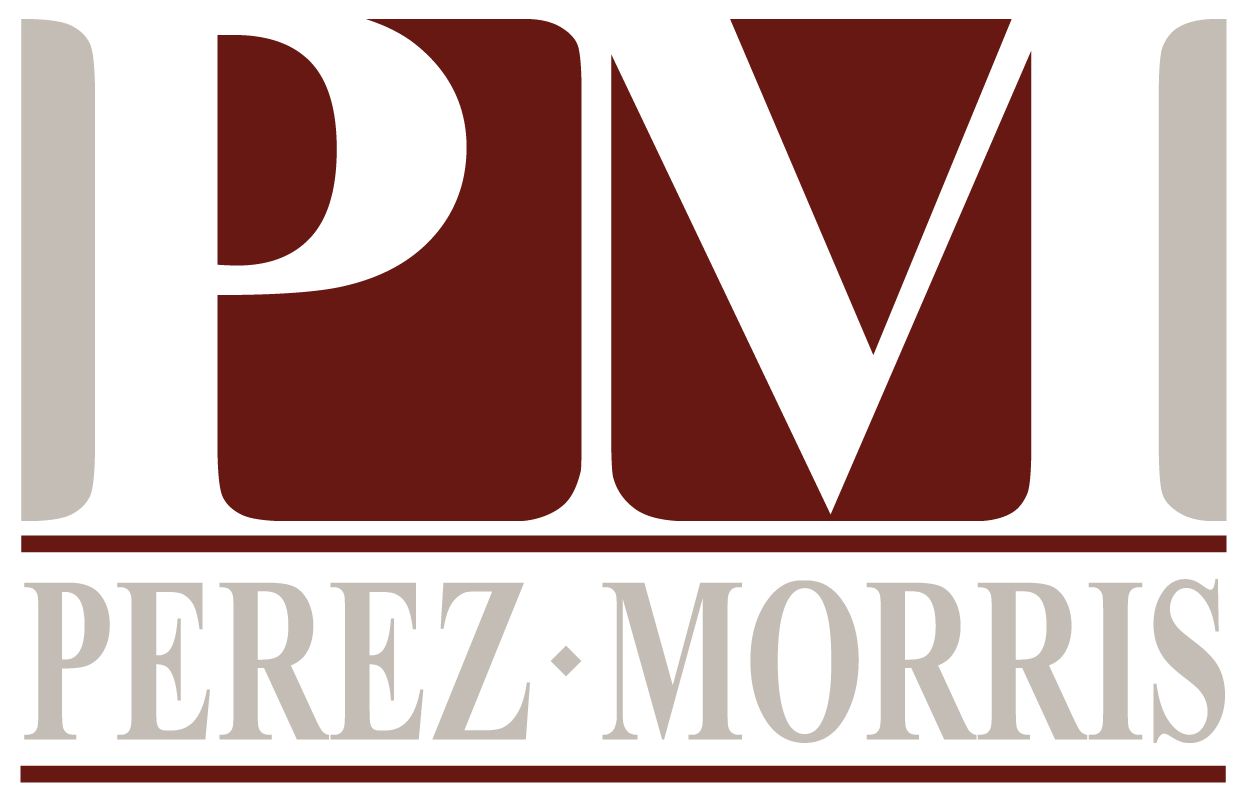On June 16, 2020, HB 81 was signed into law by Governor DeWine. The new law takes effect on September 23, 2020 and substantively impacts several areas of the Ohio Workers’ Compensation system.
The most significant change is the language regarding the doctrine of voluntary abandonment. The General Assembly codifies the requirement that the loss of wages must be a direct result of the injury or occupational disease to be compensable and that compensation is not payable if the loss of wages is for reasons unrelated to the injury or disease. The new law states, “If an employee is not working or has suffered a wage loss as the direct result of reasons unrelated to the allowed injury or occupational disease, the employee is not eligible to receive compensation under this section.”
In Ohio we have 25 years of case law that has shaped the doctrine of voluntary abandonment. The new law specifically indicates that it is the intent of the General Assembly to supersede any previous judicial decision that applied the doctrine of voluntary abandonment to a claim. With this broad language, it is unclear how the new law affects prior decisions such as Gross II, Klein and Louisiana Pacific. Time will tell how both the Industrial Commission and the court system address this broad language.
The law also addresses other substantive areas which include:
- A VSSR must be filed within one year from the date of injury, consistent with the 2018 legislative change limiting the time to file an industrial claim from two years to one year.
- The five year statute of limitations for post 2006 claims is now five years after payment of last compensation or five years from the last date of medical treatment instead of five years from the last payment of medical services. This provision will only apply to any claims arising on or after July 1, 2020. C. 4123.52.
- In state fund settlements, BWC will not need to seek approval from an employer if the claim is no longer within that employer’s experience and the injured worker is no longer employed by the employer. RC 4123.65 (G).
- The maximum payable for funeral expenses is increased from $5,500-$7,500.
In addition, in response to the COVID-19 pandemic, there is pending legislation which, if passed, could significantly impact the Workers’ Compensation system. HB 606 would provide a rebuttable presumption that specifies emergency responders, corrections officers and certain food workers who contract COVID-19 in the course of and arising from employment. The bill, if passed, also would provide temporary qualified immunity to specific healthcare providers who provide healthcare services or emergency services through December 31, 2020. This legislation passed the House in late May and an initial Senate Judiciary committee hearing was conducted on June 24, 2020.
Perez and Morris continues to monitor the latest developments in the Ohio Worker’s Compensation system especially relating to COVID-19 issues. Please feel free to reach out with any questions pertaining to any of these legislative changes or to COVID-19.

Rick is a proactive, strategic and dedicated workers’ compensation defense attorney with nearly three decades’ experience. He has represented self-insured and state-funded private employers, state agencies, and public and private universities in proceedings before the Industrial Commission of Ohio, and at all levels of court within the State of Ohio. Rick’s experience includes representation of national trucking companies, major hospital organizations, nursing home consortiums, national utilities, as well as a number of industry-leading retailers and restaurants.
Rick received his JD from Capital University Law School in 1986 and was a member of Phi Delta Phi, the international legal fraternity. Rick resides in New Albany, Ohio with his wife, Gigi, and their three children. Read more

Beth has represented and advised employers for thirty years regarding all aspects of their workers’ compensation and risk management programs. Beth’s philosophy is that preparation and attention to detail are the hallmarks of a successful defense plan. Her practice includes representation of employers at all administrative hearing levels before the Industrial Commission of Ohio and the adjudicating bodies of the Ohio Bureau of Workers’ Compensation.
Beth received her JD from Capital University Law School in 1988. She resides in Bexley, Ohio with her husband and two children. Read more



